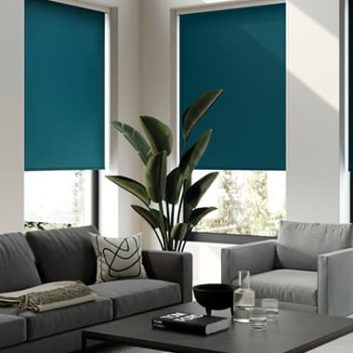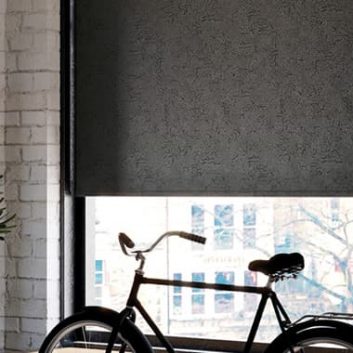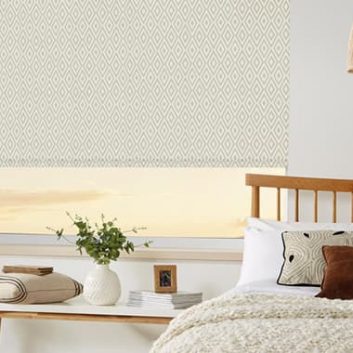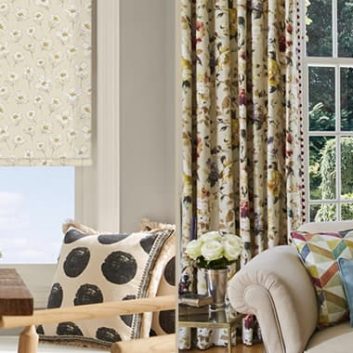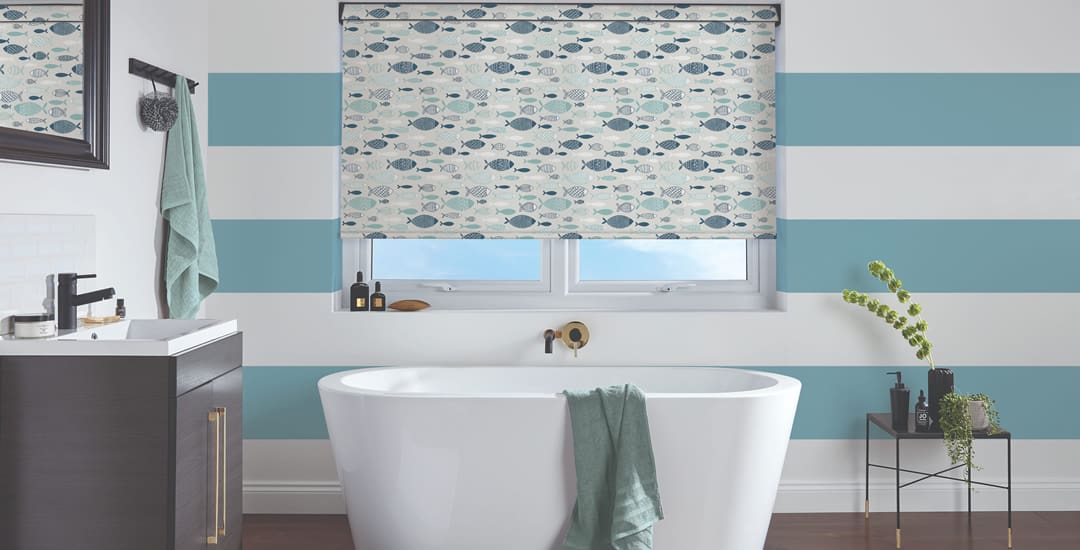
Do you need blackout blinds in bathrooms? No, there’s no specific reason that bathrooms need blackout blinds, but also, no reason why you can’t have them and a few reasons why you might!
Most of the time, we associate blackout blinds with bedrooms but even in this situation they’re not the right pick for everyone, depending on the hours you keep and your sleeping preferences. Blackout blinds do also have applications in various other rooms of the home too, which I will leave for the topic of another blog post.
This blog post will cover some of the potential reasons to choose blackout blinds for bathrooms, to help you to make the right choice.
Do you need blackout blinds in bathrooms for any particular reason?
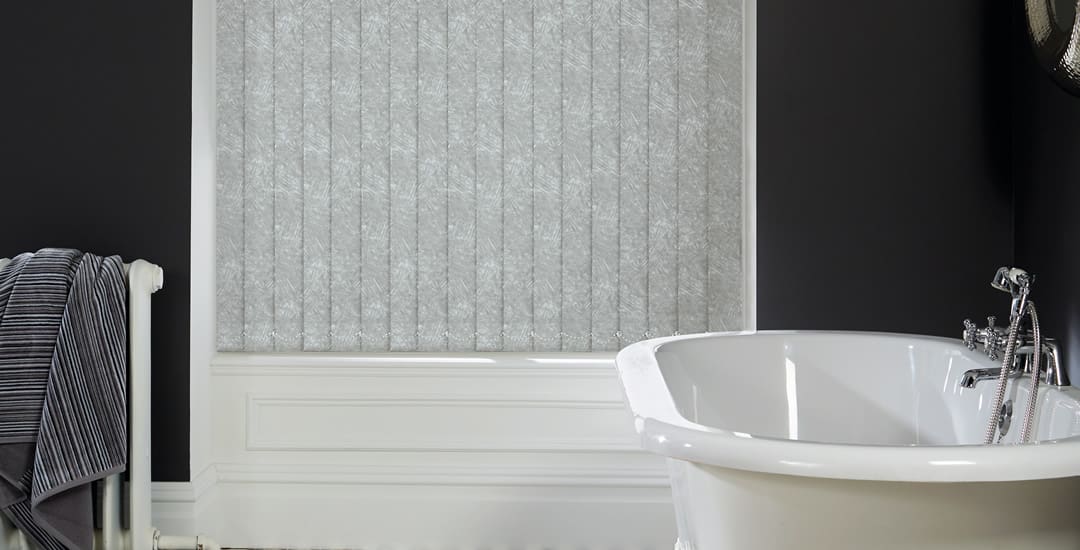
There is no unarguable “need” for bathrooms to have blackout blinds, or at least, not in the same way that there is when we say that bathrooms do need waterproof blinds, for reasons that I assume are obvious!
Having blackout blinds in a bathroom is down to personal choice though, and there are a few reasons why people might make that choice.
For instance, if you like to set the mood to relax in the bath with a book and a glass of wine, most of us think of soft light such as dimmed lighting or candles as being best for this, and sunlight or streetlights outside can ruin the effect.
Also, if you need to get up to use the facilities in the night while still half asleep, you might find that light from outside wakes you up more than you’d like it to without blackout blinds, and the same applies if you work night shifts and sleep during the day while potentially getting up to use the bathroom in the middle of your daytime sleep.
If your bathroom is an ensuite, if you or your partner use it during the night then the other party might find that external light that filters through from the bathroom into the bedroom might wake you/them up, while a dim artificial light (if required) would be perfectly sufficient to allow you to navigate around without waking them up too.
Finally, one commonly overlooked purpose that blackout blinds also fulfil is to stop internal light from getting out, as well as doing the obvious job of stopping external light from getting in. If you don’t want people outside to be able to tell that you’re in/in the bathroom, or if you’re trying to reduce the level of light pollution your home emits in general, blackout blinds for the bathroom might be a good idea.
Do you need blackout blinds in bathrooms to keep the heat in?
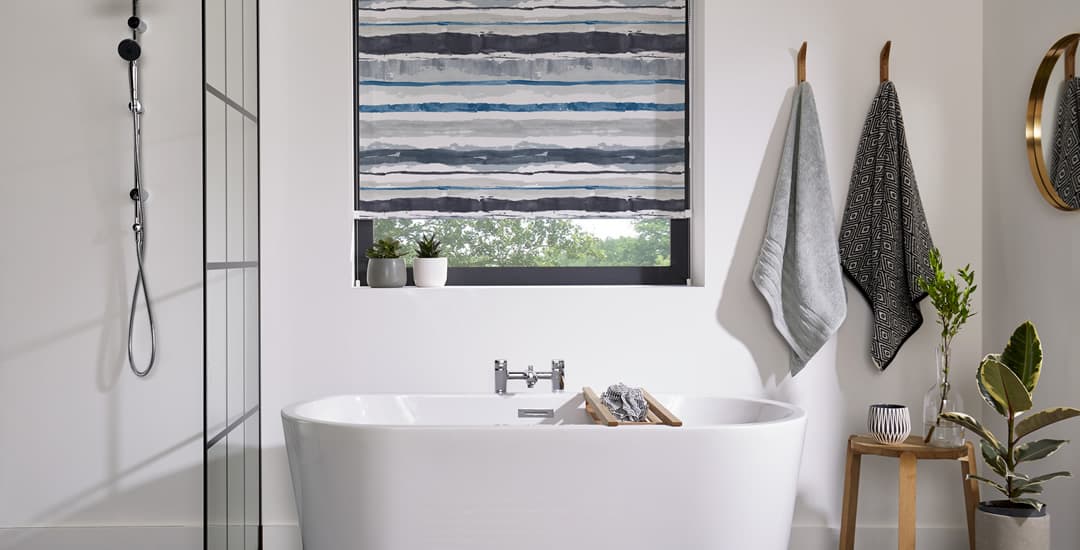
This is another point worth mentioning too; blinds help to insulate the window of the room they are in, and to conserve heat. The level to which they achieve this can be variable, but thermally insulated blackout blinds are at the top of their game.
If you find your bathroom to be a cold room in general or you simply begrudge paying to heat a room that you possibly only spend around half an hour a day in, thermally insulating blackout blinds can make a big difference to your comfort levels when you are in the bathroom (and to your heating bills even when you’re not).
Do you need blackout blinds in bathrooms if the windows aren’t frosted?
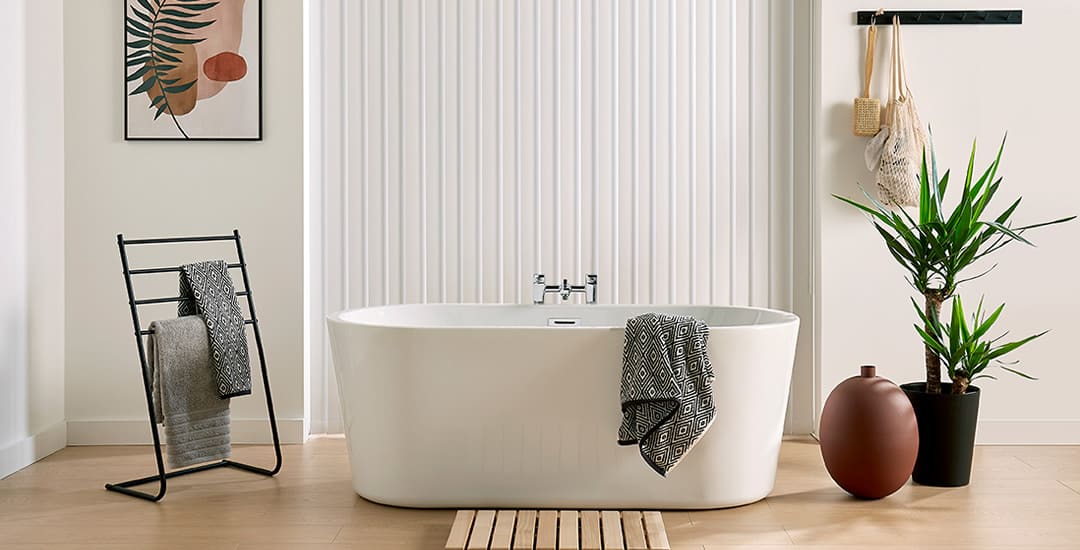
The vast majority of bathroom windows are frosted, for reasons I am sure I don’t need to point out. But if yours aren’t, do you need blackout blinds in the bathroom to make up for this? No, unless you’ve determined that blackout blinds are the best choice for another reason.
Blinds of any type that can be closed to obscure what’s going on inside of the bathroom are fine to preserve your privacy, including, but not restricted to, blackout blinds.
Do you need blackout blinds in bathrooms to be waterproof too?
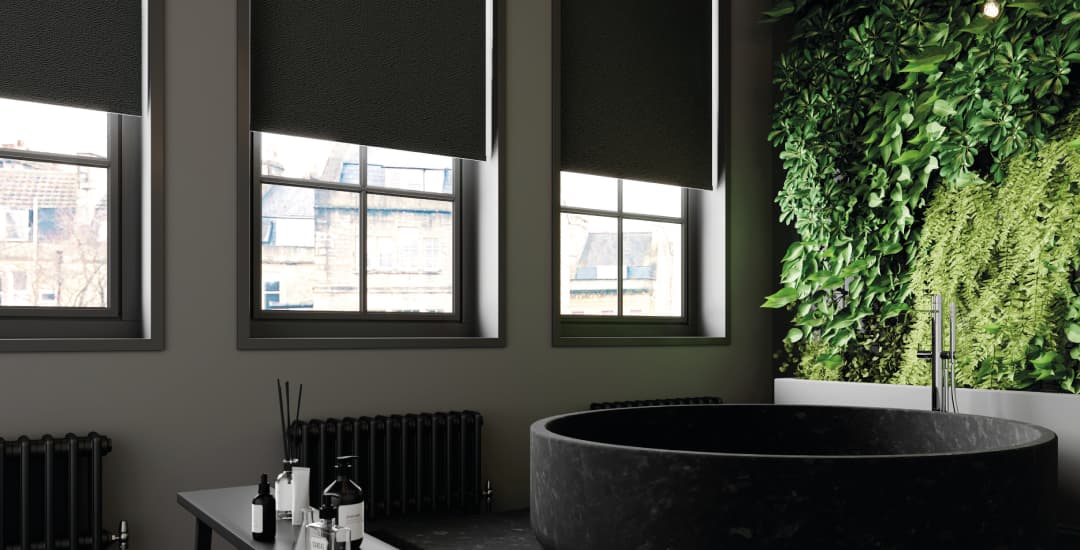
To finish off then, if you are in the market for bathroom blackout blinds, do you need them to be waterproof? Yes, all bathroom blinds should be waterproof, whether they’re blackout blinds or not.
Your choices of blinds that are (or can be) made as blackout blinds and that are also (or can also be) made in a waterproof variant are vertical blinds, roller blinds, and faux-wood venetian blinds respectively. Happy shopping!

